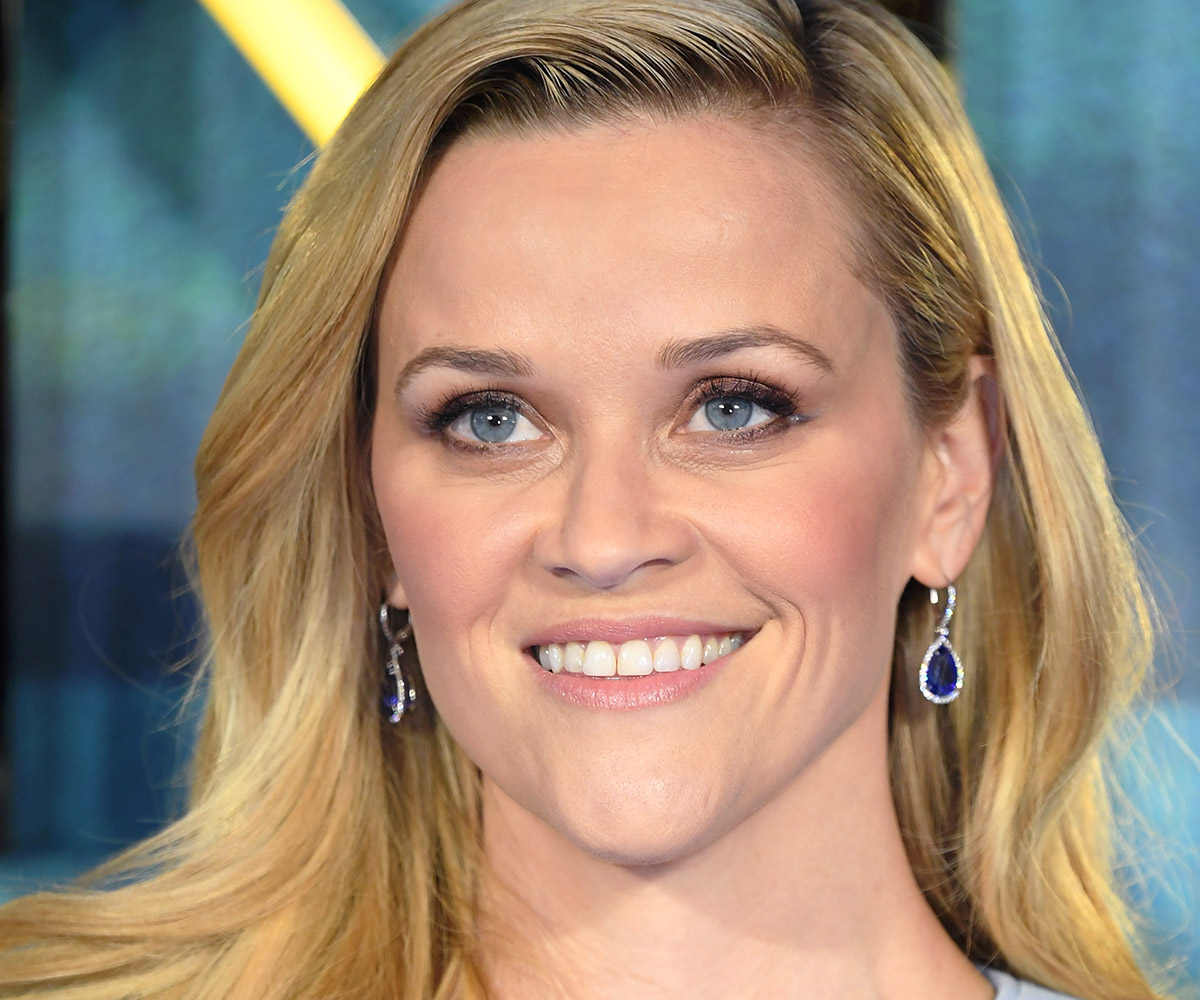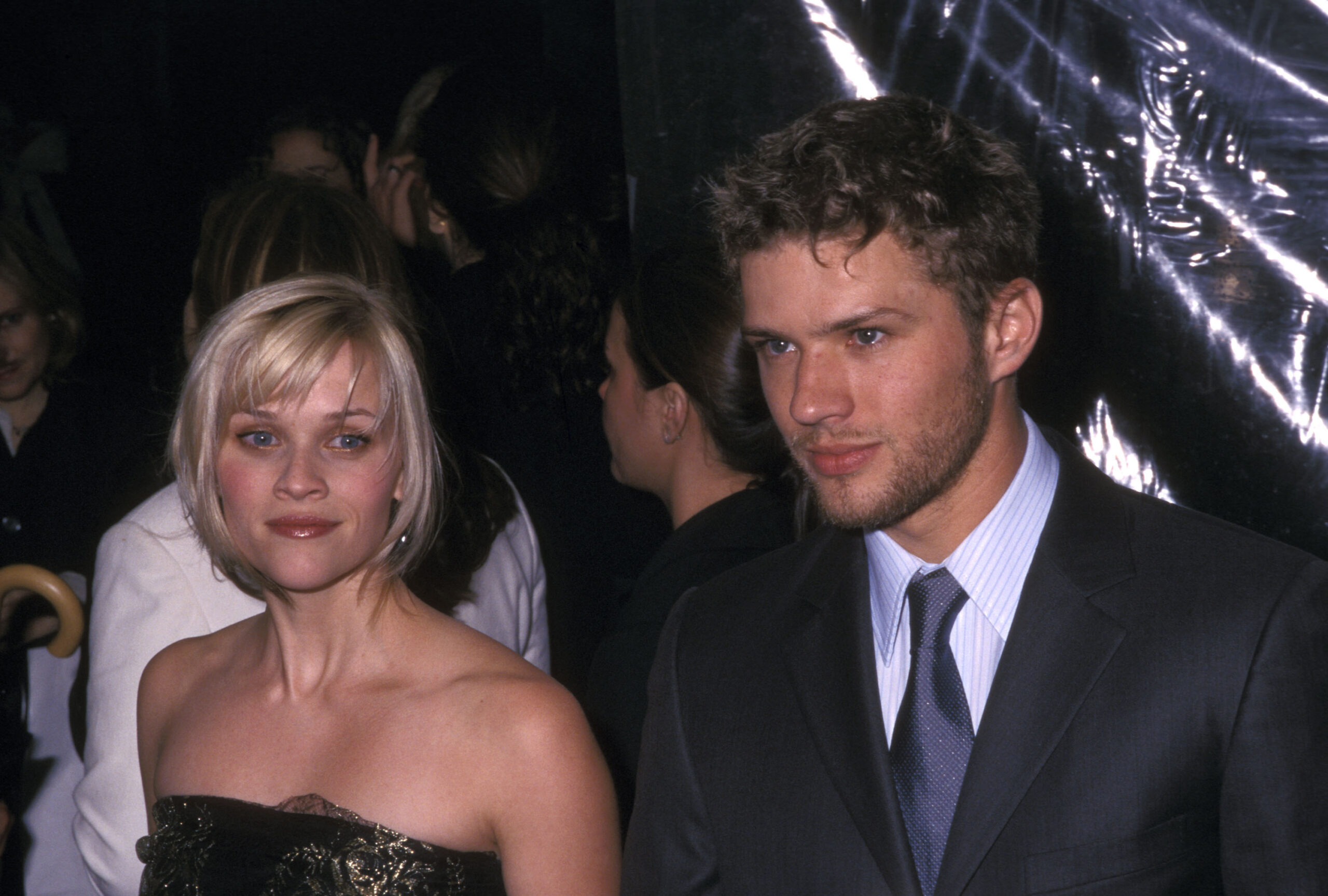While stories of pay disparities between men and women working in TV and film are common (see the recent controversy that emerged over Claire Foy and Matt Smith’s respective salaries for The Crown), things are ever so slowly starting to improve, thanks in no small part to the Time’s Up movement and its vocal supporters.
For a case of positive change in action, US network HBO has proactively tackled its pay gap after conversations with Reese Witherspoon, a Time’s Up advocate and the star of HBO’s major hit Big Little Lies.
In a conversation with the Hollywood Reporter, president of programming Casey Bloys revealed more about the change that Time’s Up has inspired in his organisation.
“One of the things that’s come out of thinking about the [Time’s Up] movement and some conversations with Reese, who’s really at the forefront, is something we’ve done recently,'” he said. “We’ve proactively gone through all of our shows and made sure that there were no inappropriate disparities in pay, and where there were, if we found any, we corrected it going forward. And that is a direct result of the Time’s Up movement.”
While Bloys declined to provide any specific examples of shows where salaries were amended, he added that the measure would ensure that people were “getting what they deserved”. This doesn’t mean that men and women would be paid the same amount across the board: as in every industry, salaries have to account for past experience and specific skills. He did add, however, that the network would make a concerted effort to adjust salaries to account for a star on the rise or the major success of a show (much like that of Big Little Lies, the cast of which recently scored unprecedented pay rises after lobbying with HBO).

The cast of ‘Big Little Lies’ pose with the trophy for Best Television Limited Series or Motion Picture Made for Television during the 75th Golden Globe Awards in January 2018.
“When you get into season two or three of a show and the show is a success, it is much harder to justify paying people wildly disparate numbers, and that’s where you have to make sure that you’re looking at the numbers – that they don’t end up just on the path they were on from the pilot stage,” he said.
“So, the thing that has been interesting about the whole [Time’s Up] movement is that it really is reminding everybody to do what’s right, and I think it’s retraining all of our thinking.”
Via Grazia



